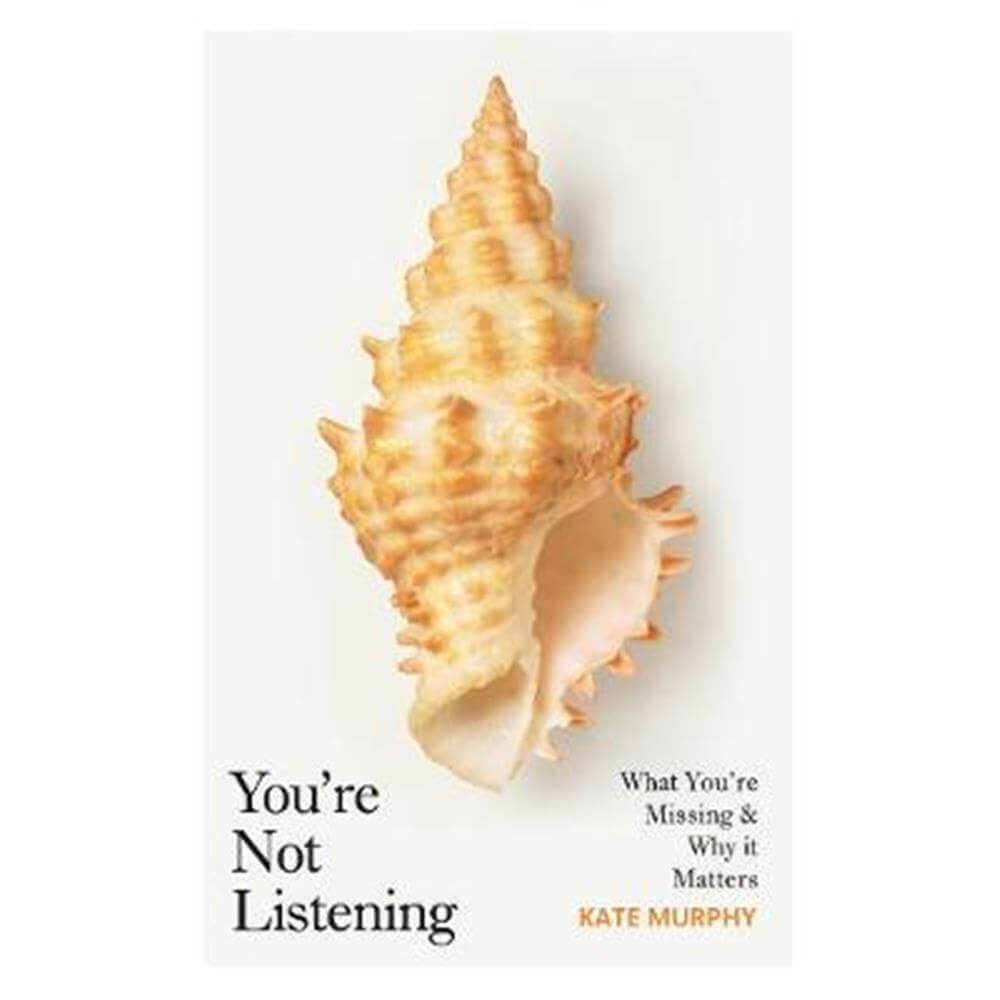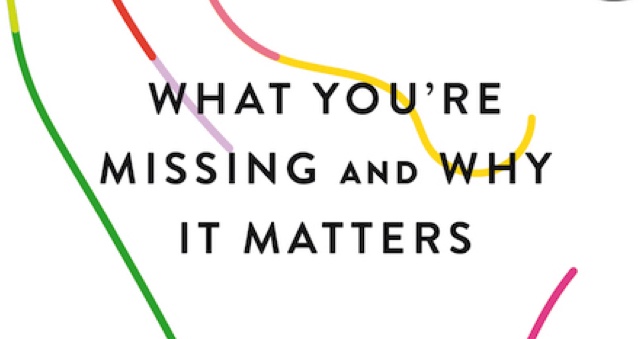
But in recent times, this bad habit has been compounded, both because of the speed, immediacy and individualism of social media and because of the apparent threat that divisions seem to evoke. It has always been true that in any conversation we can have a tendency to formulate our next great and profound utterance instead of listening to the person talking to us. “When I interview people – whether it’s a person on the street, CEO or celebrity – I often get the sense that they are unaccustomed to having someone listen to them.” The ability to listen actively and attentively is something that has become a rare commodity, she argues. She prides herself on being such a good listener that she is able to help her subjects reach insights they might not otherwise have uncovered. Murphy approaches this topic as an old-school journalist with a prolific interviewing record for the New York Times. And yet, more than ever, we expect to be heard. They need this book, not me.” It’s clear to most right-thinking people, however, regardless of their sympathies, that we live in an age where many struggle to listen. Trump/Johnson/Corbyn/Thunberg is the one who is not listening. There is a temptation to retreat into comfortable harrumphing: “I think you’ll find that I’m not the one who is not listening. What hopes or fears or worries are leading them to buy into something that is not based on facts? Once you figure that out, and start understanding the person, it can be easier to talk with them and maybe get them to see that the propaganda isn’t necessarily going to be the best way to achieve whatever it is they are seeking.T he premise of this book couldn’t be more timely, although the idea is also frighteningly easy to dismiss. But I think it would also encourage everyone else to listen more deeply to the person buying into that propaganda. I think the book would, of course, be in favor of anyone buying into propaganda to be open to other sources of information. The book discusses how you have to be okay with listening to other viewpoints than your own, even if it makes you uncomfortable, because that’s how we learn and grow. The book is very concerned with this! It discusses how people are falling into insular communities where everyone thinks the way they do, and, as a result, we are all drawing on different sources of information now, which is dividing us and making it hard to understand each other.
#Kate murphy you re not listening how to#
Murphy manages to make the case for better listening while giving the reader a lot of helpful and concrete advice on how to listen better, and I hope that you can pick up this book and try some of the things she’s mentioned too. Overall, I found this to be an excellent read. Murphy is clear that a face to face conversation conveys the most information, followed by a phone call, and then text, but given that speaking over the internet is such an important part of our lives, is there any way we can do to improve it? Would audio-first networks like Clubhouse work, or could we have thoughtful conversations over blogs if we slow down and take the time to read what others are saying? One question that I had after reading this book was how social media could be improved to make us listen. But if you look at the benefits of good listening – understanding the other side, becoming firmer in our beliefs because we’ve heard the other side (and perhaps even better mental health because our amygdalae aren’t overactive), and making actual progress on issues rather than just creating viral soundbites. Learning about what a good listener is made me realise that… I’m not a very good listener at all! Listening to someone properly takes a lot of effort and I can see why so many of us would rather be distracted by social media than do this sometimes uncomfortable but rewarding activity.



Instead, start by being curious about your conversation partner. Start from a position of curiosity – If you’re listening in order to advance your agenda, people will sense your inauthenticity.What is a good listener? The book looks at the topic from a variety of viewpoints, and gives us tips such as: Because we’re not listening, we’re not connecting with one another, leading to more shouting on our parts because we want human connection. In You’re Not Listening, Murphy attributes this to a decline in listening. If you’ve ever been tired of social media, it shouldn’t be hard for you to feel that we’re not connecting with each other.


 0 kommentar(er)
0 kommentar(er)
